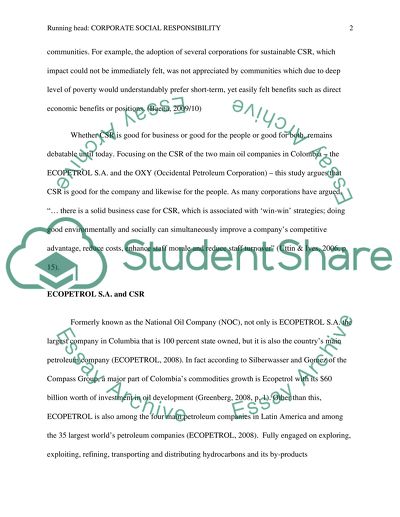Cite this document
(“What is good for the company is good for the people Research Paper”, n.d.)
What is good for the company is good for the people Research Paper. Retrieved from https://studentshare.org/history/1631585-what-is-good-for-the-company-is-good-for-the-people
What is good for the company is good for the people Research Paper. Retrieved from https://studentshare.org/history/1631585-what-is-good-for-the-company-is-good-for-the-people
(What Is Good for the Company Is Good for the People Research Paper)
What Is Good for the Company Is Good for the People Research Paper. https://studentshare.org/history/1631585-what-is-good-for-the-company-is-good-for-the-people.
What Is Good for the Company Is Good for the People Research Paper. https://studentshare.org/history/1631585-what-is-good-for-the-company-is-good-for-the-people.
“What Is Good for the Company Is Good for the People Research Paper”, n.d. https://studentshare.org/history/1631585-what-is-good-for-the-company-is-good-for-the-people.


